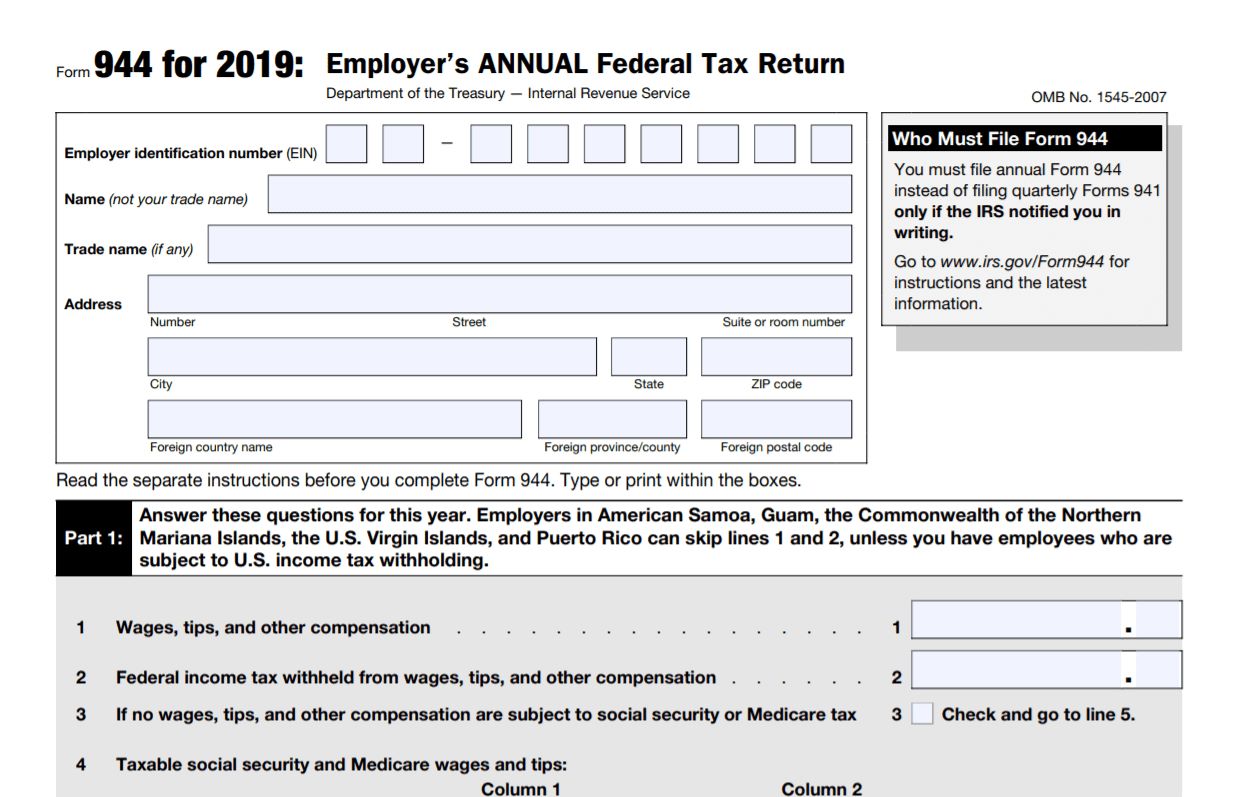Home>Finance>Non-Executive Director Role And Responsibilities Defined


Finance
Non-Executive Director Role And Responsibilities Defined
Published: December 31, 2023
As a non-executive director in the finance industry, you will play a crucial role in shaping strategic decisions and providing oversight, ensuring financial stability and compliance. Discover key responsibilities and requirements.
(Many of the links in this article redirect to a specific reviewed product. Your purchase of these products through affiliate links helps to generate commission for LiveWell, at no extra cost. Learn more)
Non-Executive Director Role and Responsibilities Defined
Welcome to our finance category blog post! Today, we are going to dive into the fascinating world of non-executive directors. Have you ever wondered what exactly their role is or what responsibilities they hold? Well, you’re in the right place. In this blog post, we will define the non-executive director role and provide an insight into their key responsibilities. So, let’s begin!
Key Takeaways:
- Non-Executive Directors (NEDs) provide an invaluable outside perspective to organizations, offering independent advice and guidance.
- Their primary responsibilities include strategic planning, governance oversight, risk management, and monitoring the performance of executive management.
Before we delve into the details, let’s address the fundamental question: What is a non-executive director? In simple terms, a non-executive director is an individual who serves on the board of directors of a company but is not an employee of the company. They bring their expertise, experience, and diverse viewpoints to contribute to the strategic direction and governance of the organization.
The role of a non-executive director extends beyond attending board meetings and providing a token presence. They play a critical role in ensuring good corporate governance by bringing an external and independent perspective to the boardroom. Here are some key responsibilities of a non-executive director:
- Strategic Planning: Non-executive directors actively participate in the development and review of the company’s strategic plans. They challenge the executive management’s proposals, ensuring robust decision-making processes and long-term sustainable growth.
- Governance Oversight: Non-executive directors oversee the governance practices of the company. They ensure compliance with legal and regulatory requirements, as well as adherence to ethical standards. They play a crucial role in ensuring transparency and accountability.
- Risk Management: Non-executive directors assist in identifying and managing potential risks faced by the organization. They work with the executive management team to implement effective risk management strategies, ensuring the company is equipped to handle uncertainties and mitigate potential threats.
- Monitoring Performance: Non-executive directors monitor and evaluate the performance of the executive management team while holding them accountable for achieving key objectives. They provide constructive feedback and guidance to drive the organization’s success.
- Independent Advice and Guidance: NEDs bring diverse expertise and experience to the boardroom table. They provide independent advice and guidance to the executive management team, leveraging their industry knowledge to help shape strategic decisions and enhance performance.
In summary, non-executive directors offer a fresh perspective, independent advice, and valuable expertise to organizations. Their role encompasses strategic planning, governance oversight, risk management, monitoring performance, and providing guidance to the executive management team. By having non-executive directors on the board, companies are better equipped to navigate challenges, make informed decisions, and drive sustainable growth.
We hope this blog post has provided a clear understanding of the non-executive director role and their responsibilities. If you want to learn more about the world of finance or other related topics, make sure to explore our finance category for more informative blog posts!














